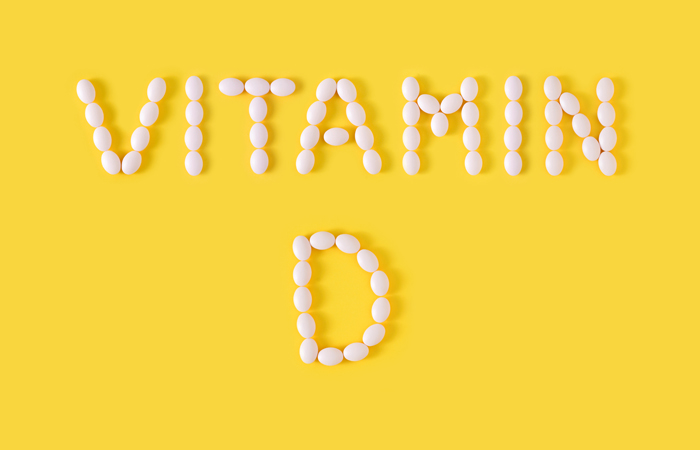Vitamin D
In Clinical
Follow this topic
Bookmark
Record learning outcomes
Rashida Malik pops into the pharmacy to pick up a prescription for her father.
“How’s your dad doing?” asks pharmacy technician Vicky.
“He’s doing so well, I’m so proud of him,” replies Rashida. “He hasn’t really been out of the house at all since last March because he has been shielding.”
“Does he take any supplements at all?” probes Vicky.
“No, nothing,” says Rashida. “He’s shielding due to his anti-rejection medication because of his transplant, but you know what he’s like, he is really very fit and well in himself, so hasn’t ever really felt the need to take any vitamins at all. Why do you ask?”
“I think it would be a good idea for him to take vitamin D,” states Vicky.
“Oh, really?” questions Rashida. “I read it reduces the risk of contracting Covid – is that what you are thinking?”

Answer
There has been ongoing speculation in the media that low vitamin D status increases the risk of experiencing worse health outcomes if Covid-19 is contracted, perhaps because of the higher incidence in individuals who are from black, Asian and minority ethnic (BAME) backgrounds. However, there is no confirmation of a link, mainly because there are several risk factors for severe Covid-19 outcomes, but also because of the interrelationship between vitamin D levels in the body and inflammation. The concentration of vitamin D in the body falls during a systemic inflammatory response, as occurs during a Covid-19 infection. Therefore, it is difficult to establish whether low vitamin D status causes poorer outcomes with Covid-19 or if what happens in the body during the infection results in low vitamin D status.
However, recently published guidance by the National Institute of Health and Care Excellence (NICE) on the topic, recommends that everyone should follow UK Government advice on taking a vitamin D supplement. Rashida’s father, who is getting little sunshine exposure because he isn’t going outdoors very often – and therefore not making very much vitamin D in his skin – should take 10mcg (400iU) daily throughout the year. Furthermore, as he is clinically extremely vulnerable, he is able to access NHS-funded supplements.
The bigger picture
Vitamin D is important for the health of bones, muscles and teeth because it helps regulate the amount of calcium and phosphate in the body. It is made in the skin when it is exposed to direct sunlight, but in the UK the rays are not strong enough between October and early March for this to happen. In addition, this year many people have spent much more time indoors than usual due to the pandemic. Therefore, supplementation is recommended for many groups:
- Babies from birth to one year should take 8.5-10mcg (340-400 iU) vitamin D daily throughout the year if breastfed, or formula fed and having less than 500ml of infant formula per day – this is because formula is already fortified with vitamin D
- Children aged one to four years should take 10mcg (400iU) per day throughout the year
- Children over the age of four years, young people and adults – including women who are breastfeeding or pregnant – should take 10mcg (400iU) between October and early March because people do not make enough vitamin D from sunlight during these months
- Children aged over four years, young people and adults should take 10mcg (400iU) throughout the year if they get little sunshine exposure – for example, because they are not often outdoors, or usually wear clothes that cover up most of their skin when outdoors – or if they have darker skin as they may not make enough vitamin D from sunlight.
Extend your learning
• Read the NICE guidance
• Remind yourself of the important health role of vitamin D, and dietary and other sources
• Learn about getting vitamin D from sunlight
• Find out more about the free vitamin D supplements available to clinically extremely vulnerable people in England
• Refresh your knowledge of the Healthy Start scheme, which includes the provision of vitamin supplements and is available to women who are at least 10 weeks pregnant or have a child under four years of age and are in receipt of certain benefits.
